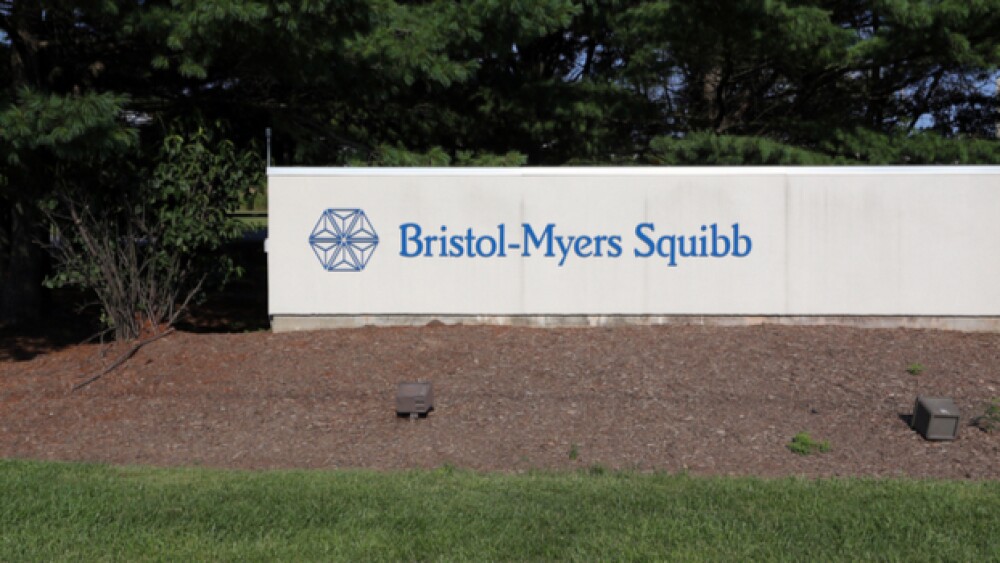This morning Starboard Value LP issued an investor presentation opposing the proposed deal. The group will share the materials with other shareholders in hopes to sway support for its opposition.
Katherine Welles / Shutterstock.com
One of the groups of shareholders opposing the Bristol-Myers Squibb acquisition of Celgene is ready for a fight at the April 12 shareholder meeting. This morning Starboard Value LP issued an investor presentation opposing the proposed deal. The group will share the materials with other shareholders in hopes to sway support for its opposition.
Starboard called the deal “ill-advised and not in the best interests of Bristol-Myers shareholders.” In an outline of proxy materials shared ahead of the April 12 shareholder meeting, Starboard said BMS is acquiring a company with “a massive patent cliff.” Starboard said Celgene’s expiring patents on blockbuster treatments like Revlimid will “serve as a major overhang on the company’s shares in the years to come.” Revlimid, which earned nearly $10 billion in revenue for Celgene last year, will lose about 60 percent of its earning power over the next seven years as patent protection drops, Starboard said.
“We believe the Celgene pipeline is extremely risky and will continue to require significant research & development funding. Bristol-Myers management’s projections contemplate Celgene essentially rebuilding its entire current revenue base from its pipeline over the next eight years, as essentially all of Celgene’s marketed products lose patent protection over this timeframe. We believe this is an aggressive assumption and may not be realistic based on historical precedents,” Starboard said in its announcement.
Starboard also said it believes the decision to make a deal for Celgene was “hastily construed and perhaps done to thwart potential strategic interest in Bristol-Myers.” Starboard said if there is no deal for Celgene, a company may take interest in BMS “at a substantial premium to the current stock price.”
Bristol-Myers Squibb announced the $74 billion acquisition of Celgene in January, just ahead of the J.P. Morgan Healthcare Conference. Since that announcement, BMS Chief Executive Officer Giovanni Caforio has been called on to defend the deal on multiple occasions. In a defense of the company’s plan, Caforio said the deal will create “the number one oncology franchise” for both solid and hematologic tumors. Caforio said the pillars of the combined pipeline will be built on the blockbuster checkpoint inhibitor Opdivo, as well as Yervoy and Celgene’s powerhouse drugs, Revlimid and Pomalyst. And, Caforio also pointed to a cardiovascular pipeline led by Eliquis and a pipeline of inflammation drugs helmed by Orencia and Otezla.
Last week at Cowen and Company’s 39th Annual Health Care Conference, Caforio said the deal “is the right option and the best option for Bristol-Myers Squibb.” Caforio said the deal creates a strong company that is well-positioned for long-term and sustainable growth. He said he is clear about the strategic rationale for the deal and his board of directors understands their fiduciary duties.
BMS executives were also clear that they performed their due diligence when it comes to the intellectual property of Celgene, particularly as it relates to that company’s top-selling drug Revlimid.
Starboard isn’t the only shareholder to oppose the deal. Last month, Wellington Management Company LLP, which owns about an 8 percent stake in BMS, announced its opposition. Wellington said it believes BMS should be active in business development that involved mergers and acquisitions, but the investment management firm does not believe the Celgene deal “is an attractive path towards accomplishing this goal.”





